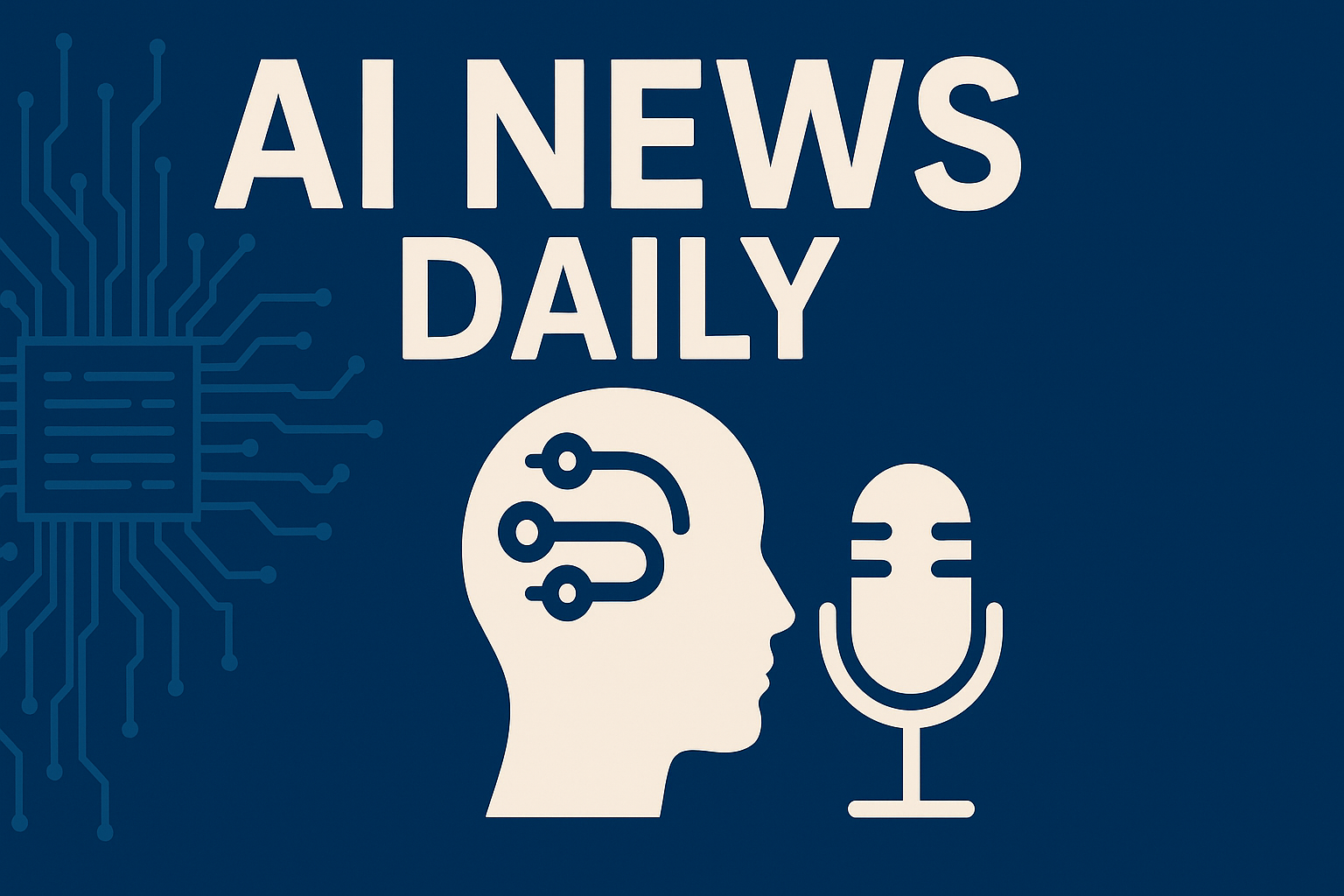Title: AI Weekly: OpenAI races to GPT-6 as ChatGPT surges; Google rolls out Gemini across devices and cuts energy use; India’s AI boom accelerates
Content: OpenAI is moving quickly beyond GPT-5, with CEO Sam Altman confirming GPT-6 development focused on deeper personalization and memory while stressing privacy and regulatory compliance. Following GPT-5’s mixed reception, OpenAI is also adding customizable voice modes and better code review tools. Altman acknowledged an AI “bubble” but predicted billions will soon use chatbots daily, likening the moment to the dotcom era. The company says ChatGPT now has 800 million weekly users handling over a billion daily queries and plans a “Super Assistant” for calendar and task management. OpenAI is expanding in India with ChatGPT Go at ₹399/month, including UPI payments, more messaging, and image generation (with some feature limits), and is exploring trillion-dollar data centers to power future models and sell AI infrastructure to other firms.
Google accelerated its Gemini strategy across products. Gemini will replace Google Assistant on Nest and Home devices starting in October, promising more context-aware, conversational control; some premium capabilities may be paywalled. The Pixel 10 series centers on AI with Magic Cue for smart suggestions, real-time call translation, Camera Coach, and Tensor G5–powered on-device features, marking a shift from hardware specs to software intelligence and aiming to outpace the iPhone. Google upgraded Search’s AI Mode to handle real-world tasks like dinner reservations and vacation planning, with personalized recommendations and collaborative planning in 180 countries. Workspace users now get Gemini-driven audio playback in Docs for instant text-to-speech. Google Cloud introduced an AI solution to help security teams detect and respond to threats in real time.
On sustainability, Google publicly detailed Gemini’s resource footprint, reporting roughly a 30–33x energy reduction per prompt, a 44x carbon drop, and water use of about 0.26 milliliters per prompt—less power than nine seconds of TV—setting a new transparency benchmark for the sector.
India’s AI momentum is surging. Generative AI app usage jumped 669% in 2024, and a Microsoft report says 93% of Indian business leaders plan to adopt AI agents within 18 months. OpenAI’s localized ChatGPT Go launch underscores the market’s growing importance for global AI adoption and innovation.
Safety, governance, and misuse remained in focus. A Stanford study warned that chatbots can mishandle sensitive mental-health queries, potentially worsening conditions like suicidal ideation or psychosis, prompting calls for stronger safeguards and clearer emotional boundaries. Amnesty International criticized U.S. agencies’ use of AI tools such as Palantir and Babel Street to monitor immigrants and pro‑Palestinian protesters—linked to arrests and visa revocations—renewing civil liberties concerns. A UN official warned ISIS is exploiting AI for propaganda, recruitment, and planning, spurring calls for tighter international oversight. Anthropic launched a classifier integrated into Claude to block nuclear‑related know‑how and formed a Higher Education Advisory Board led by former Yale president Rick Levin to guide ethical AI use on campuses.
Cyber trends cut both ways. Researchers say criminals are abusing AI website builders to mass‑produce phishing and malware sites, lowering barriers to sophisticated attacks. In response, WitnessAI launched automated red‑teaming and runtime protection tools (Witness Attack and Witness Protect) to help enterprises harden AI apps.
Creative and productivity tools continued to proliferate. Adobe unveiled Acrobat Studio to turn PDFs into interactive, AI‑assisted workspaces with smart recommendations and enhanced security. Meta introduced AI dubbing that auto‑translates and lip‑syncs videos between English and Spanish on Facebook and Instagram with safeguards against deepfakes. Midjourney released its first video model, including tools that animate still images into clips up to 21 seconds, with templates and editing aimed at marketers and creators. Google added text‑to‑speech in Docs, while Robinhood brought its “Digests” plain‑language, real‑time stock insights tool to UK users.
Enterprise and industry adoption advanced unevenly. An MIT study found 95% of generative AI initiatives fail to deliver ROI due to workflow and integration gaps; firms using specialized vendors and empowering line managers fare better. Cognizant set a GUINNESS WORLD RECORD with a 53,000‑person online AI hackathon producing 30,000+ prototypes, tied to a $1 billion AI upskilling push. Epic is rolling out a Microsoft‑backed AI scribe to speed clinical documentation and improve patient communications. ZEISS secured EU CE mark for an AI‑enhanced OCT imaging device to accelerate and improve eye disease diagnosis. Klaviyo launched an upgraded server to weave AI into marketing with real‑time insights and conversational interfaces. TikTok will require Shop advertisers to use its AI GMV Max tool from September 1 to automate spend—promising efficiency but stirring concerns over transparency and control.
Emerging platforms and devices broadened access—and raised questions. ChatAndBuild launched a no‑code platform to turn ideas into full apps in 40+ languages, generating code, design, and back‑end in real time. AI‑assisted “vibe coding” platforms like Dreamspace, Replit, and Devin are pushing natural‑language software creation into the mainstream. Meanwhile, $249 Halo X smart glasses use Gemini and Perplexity to record and transcribe conversations discreetly, drawing privacy scrutiny due to a lack of visible recording indicators.
Research and geopolitical competition intensified. University of Surrey researchers introduced PEnG, an AI tool that cuts urban GPS errors from 734 meters to 22 meters—promising safer autonomous vehicles and better robotics. The National Hurricane Center is using a University of Miami AI system to spot early hurricane formation signals ahead of the 2025 Atlantic season. Experts say China’s rapid progress in open‑source AI models is challenging Western incumbents and reshaping the global innovation race. Major investors across industries are betting big on AI to realize long‑promised sci‑fi concepts, from autonomous transport to personalized medicine, even as debates over jobs, safety, and rights accelerate.
